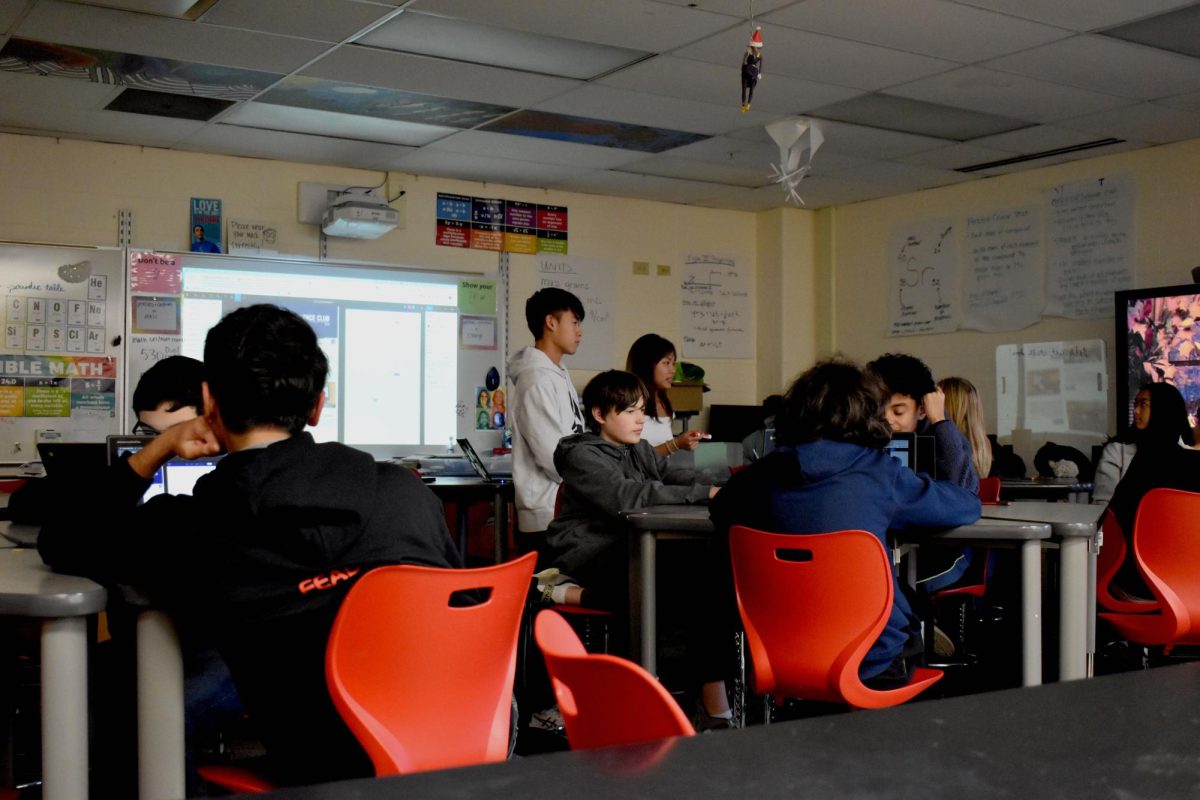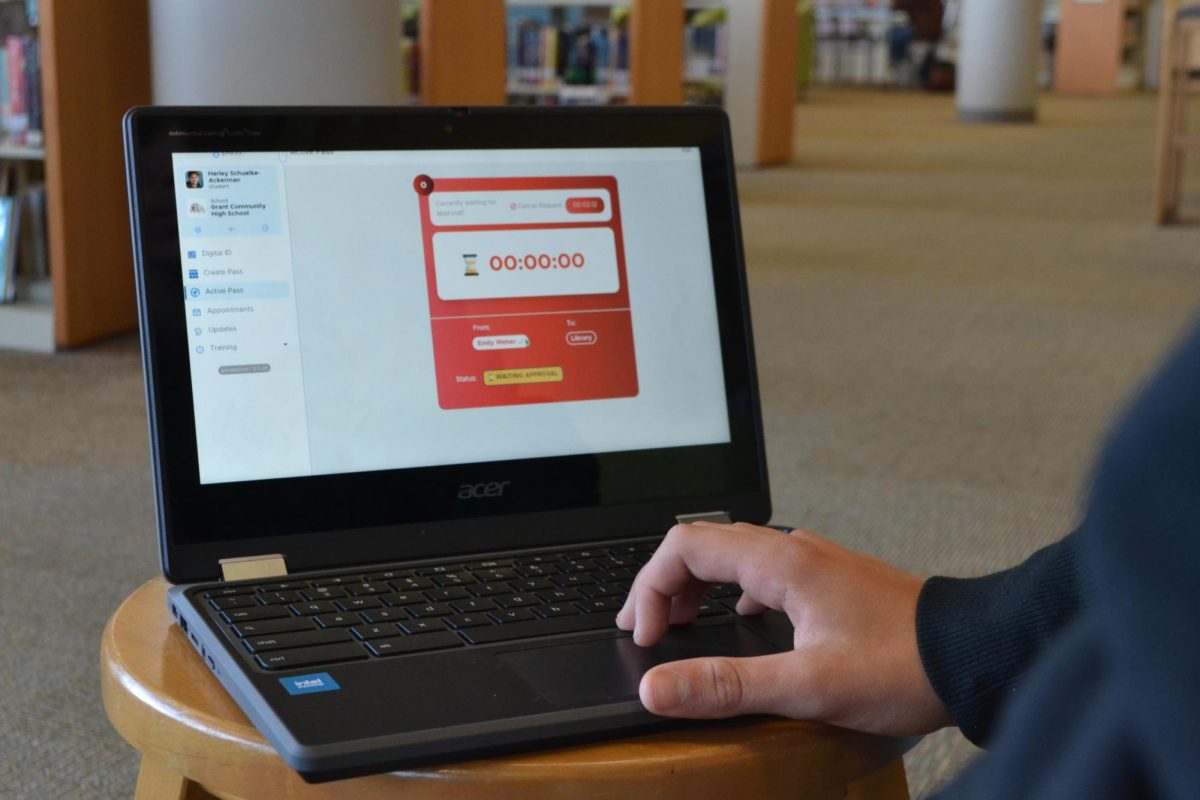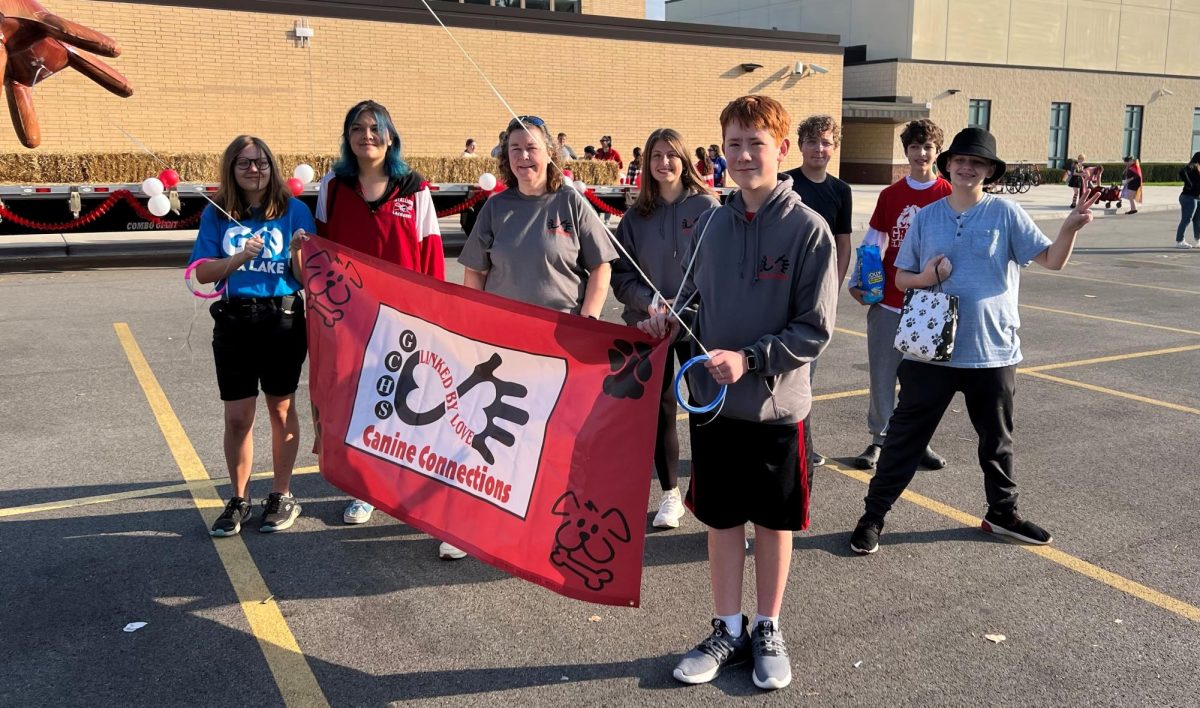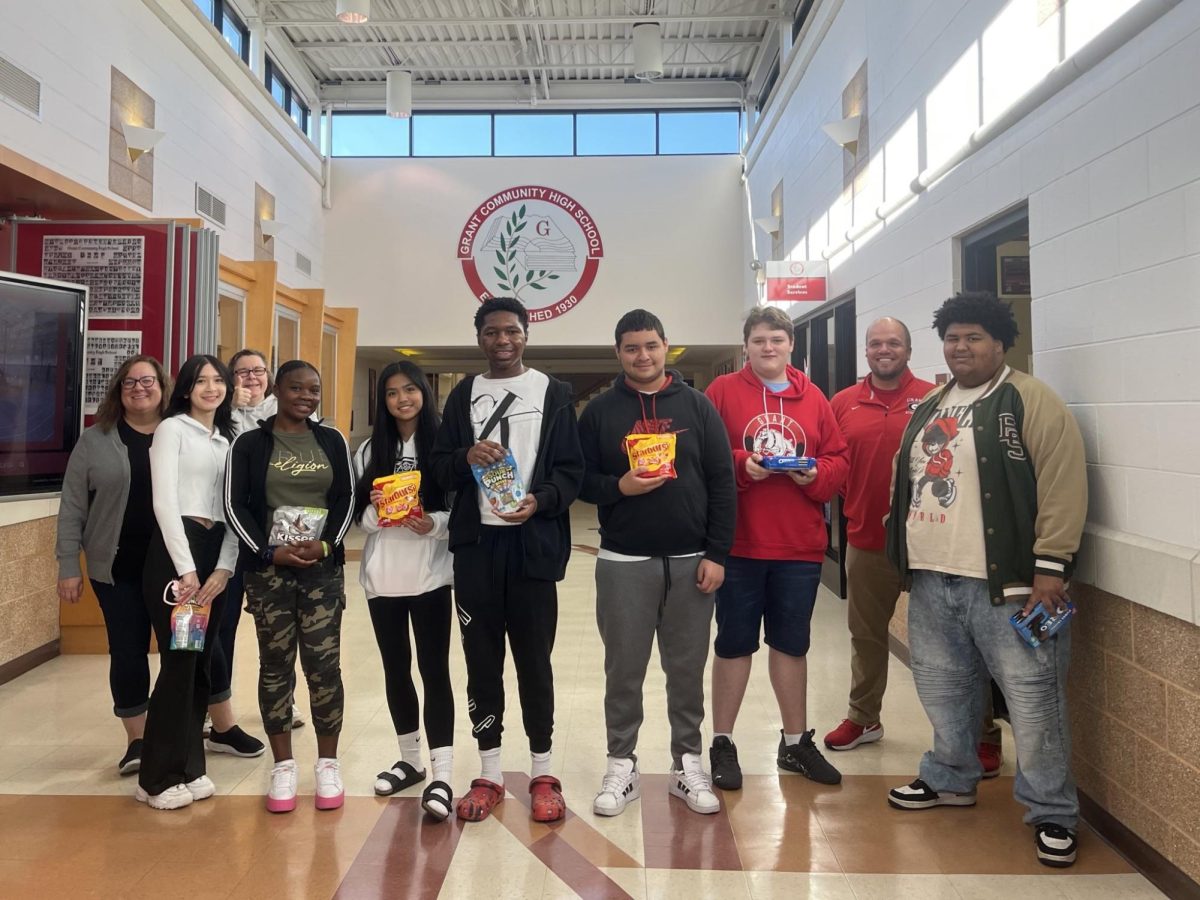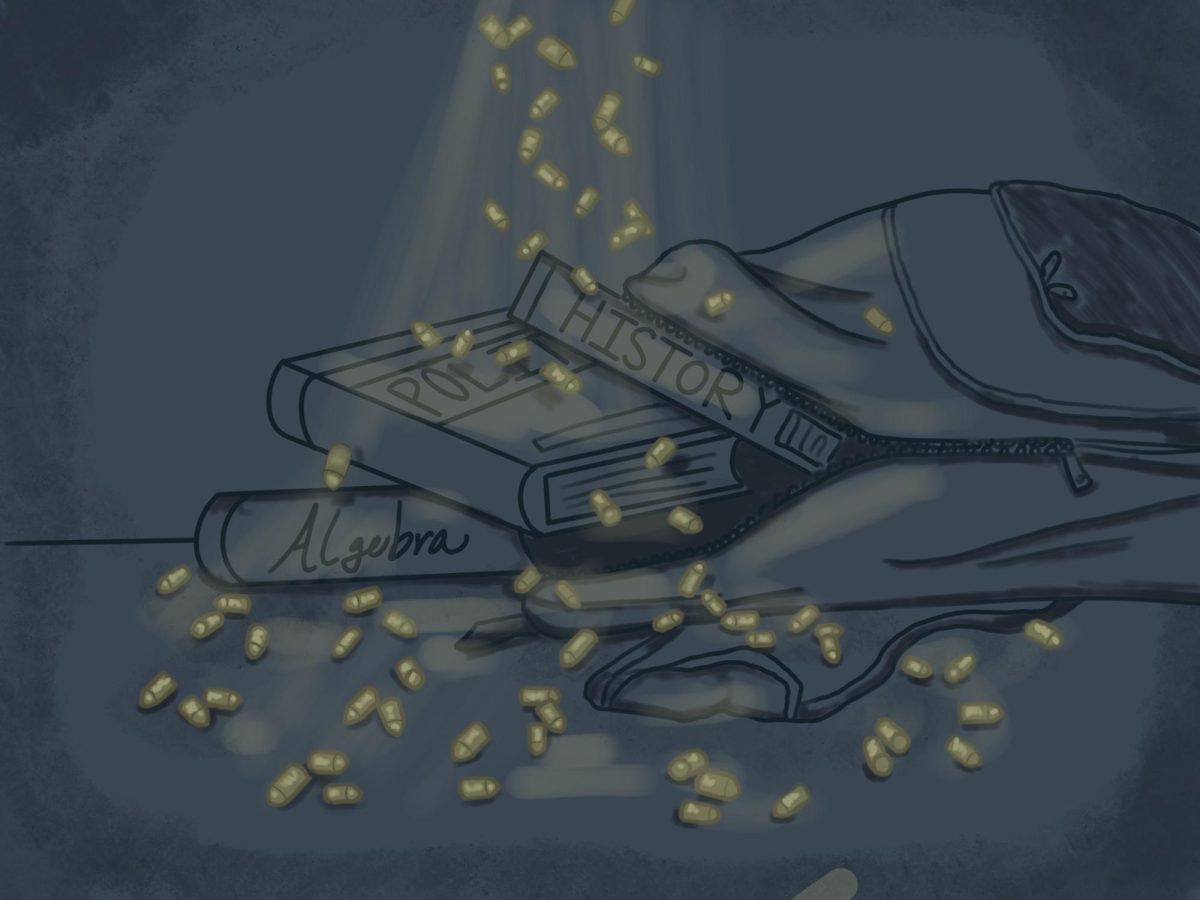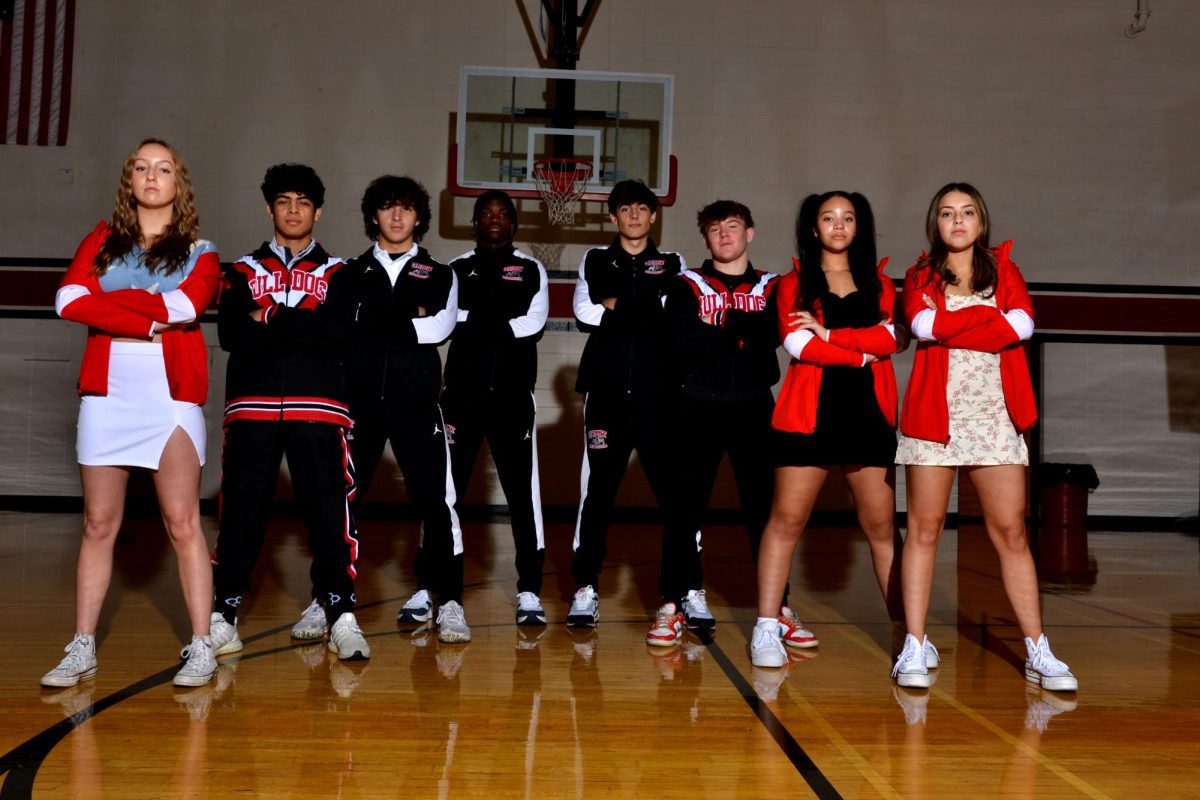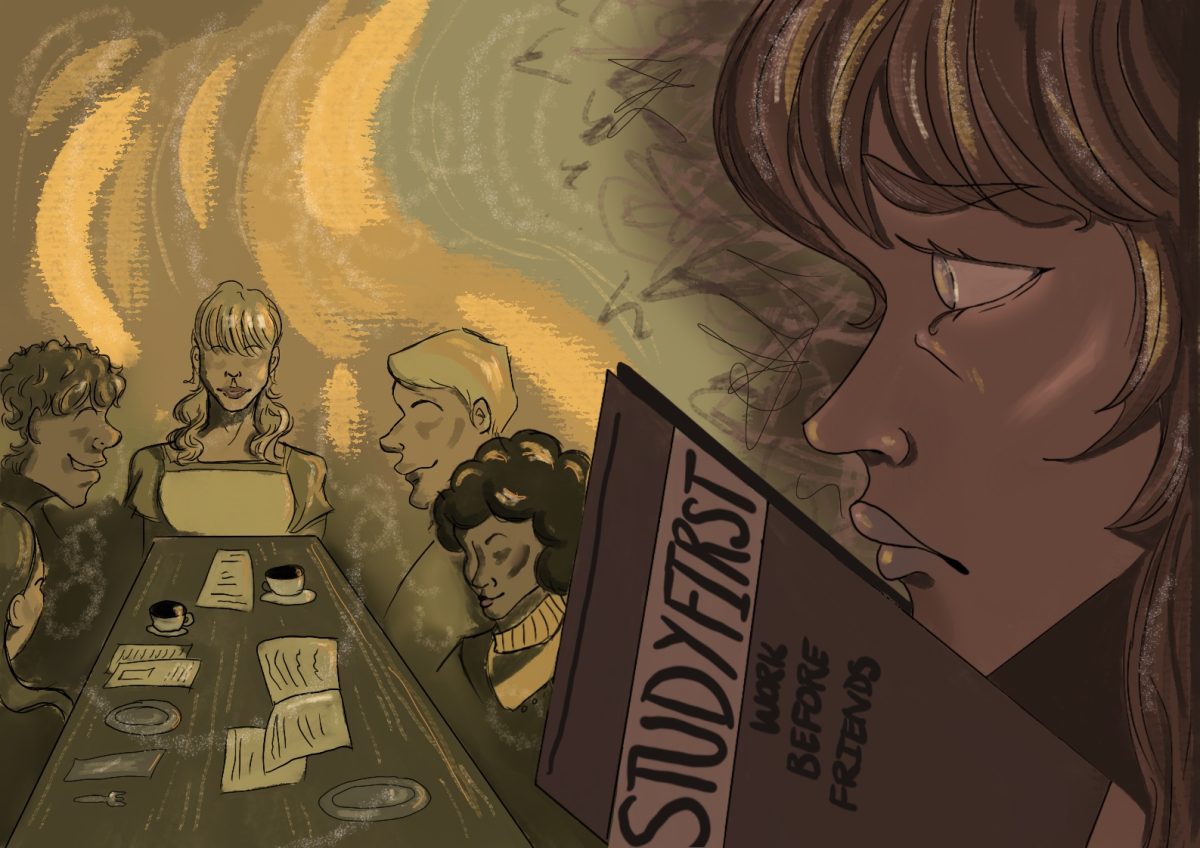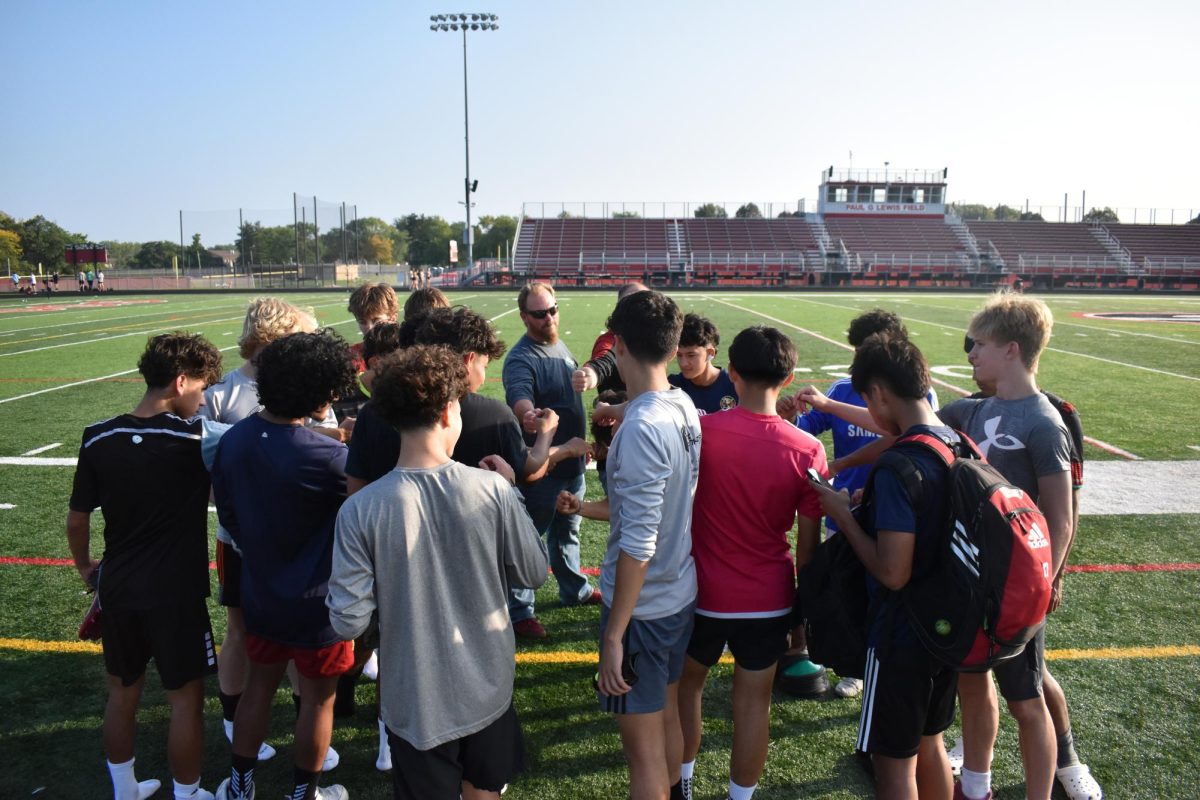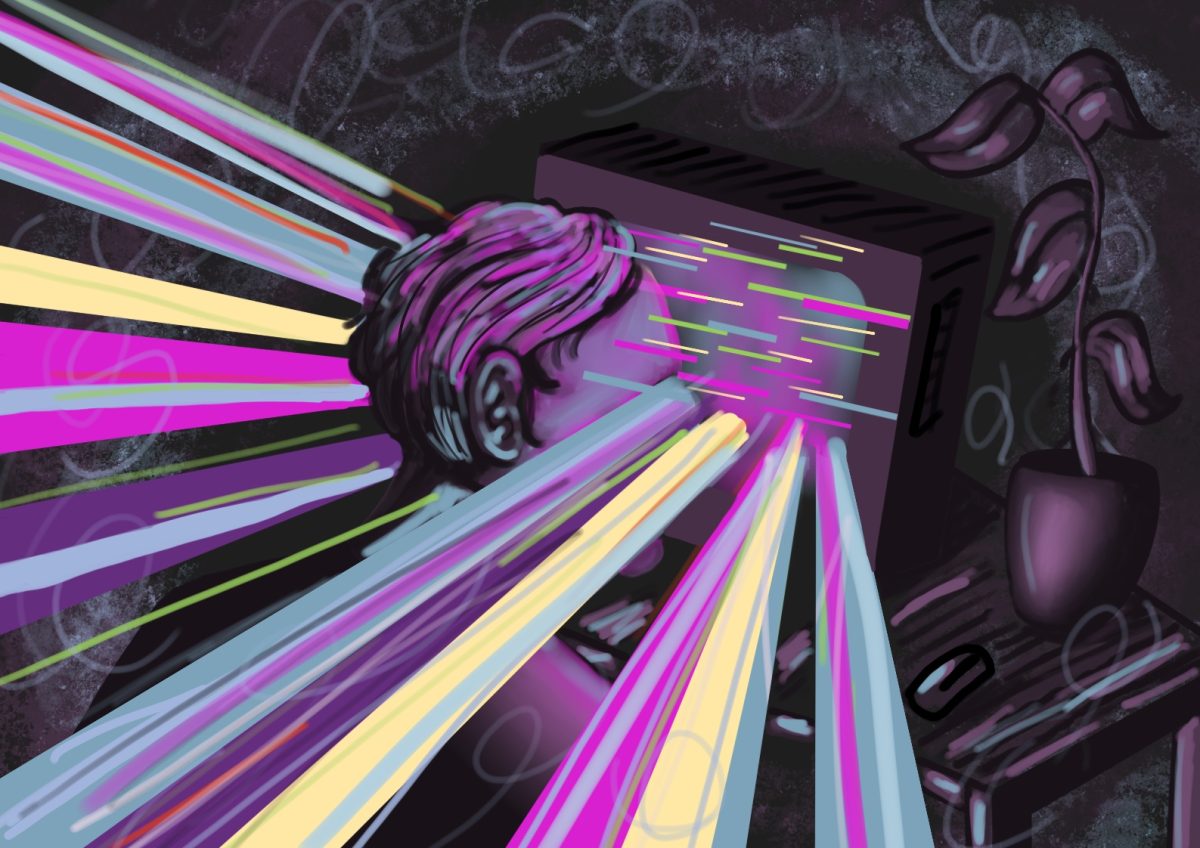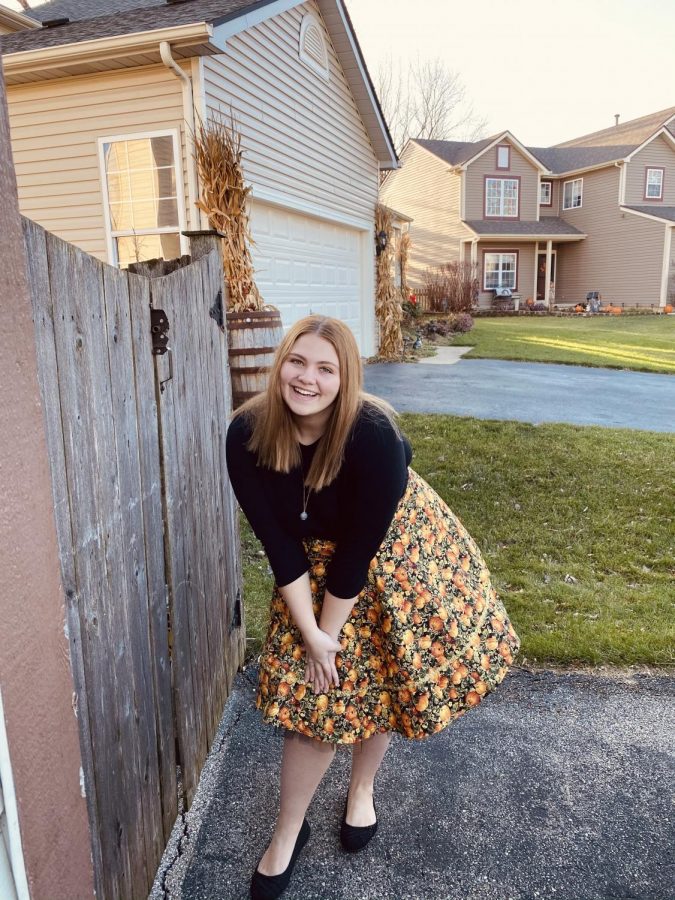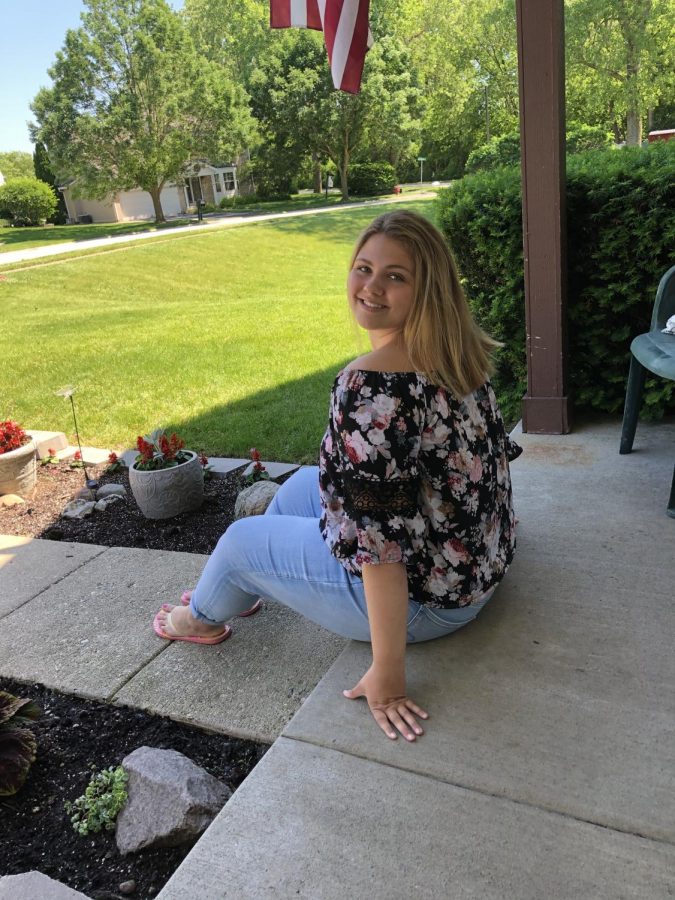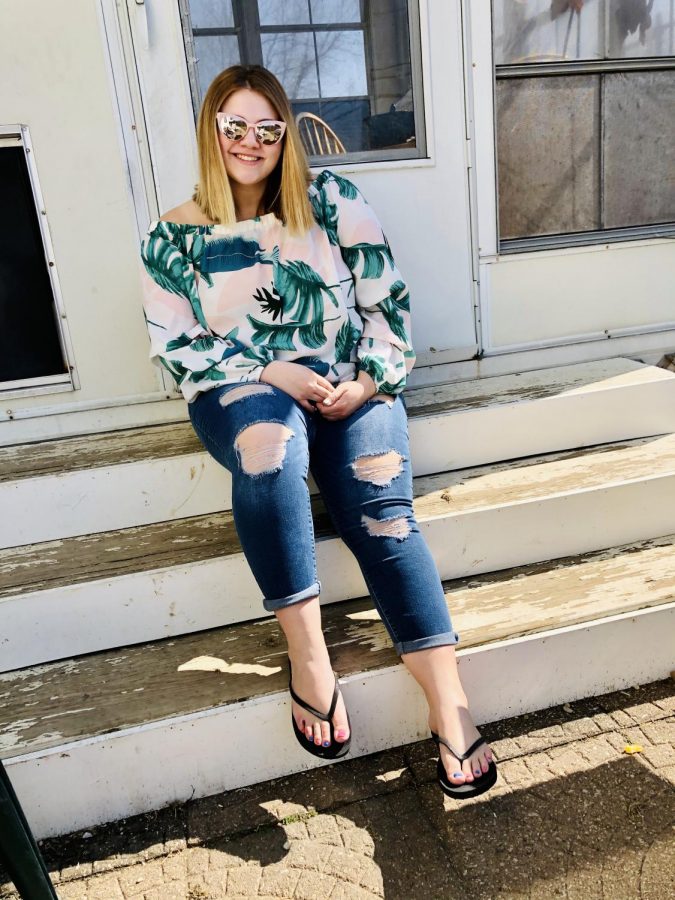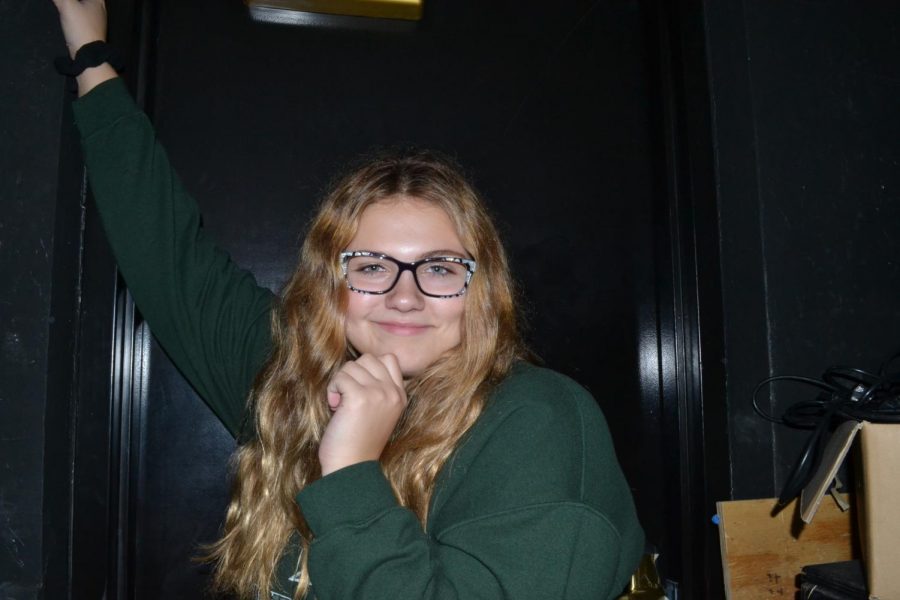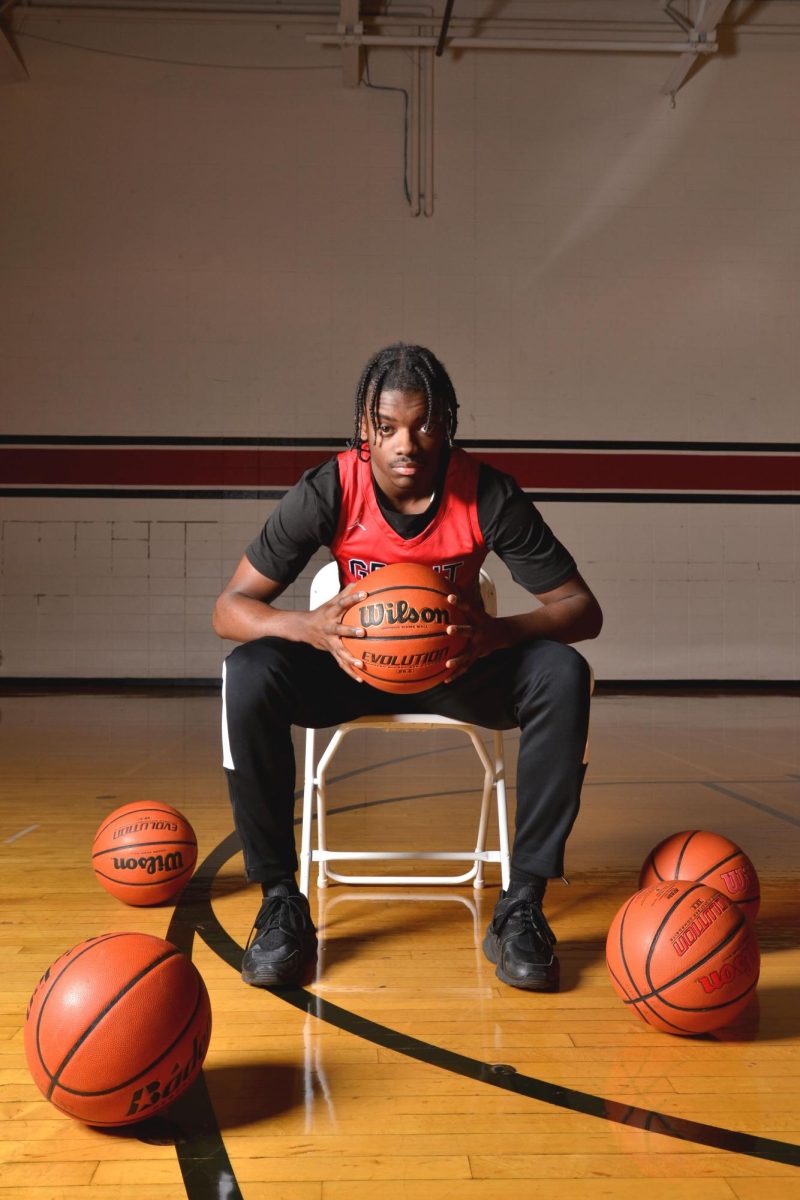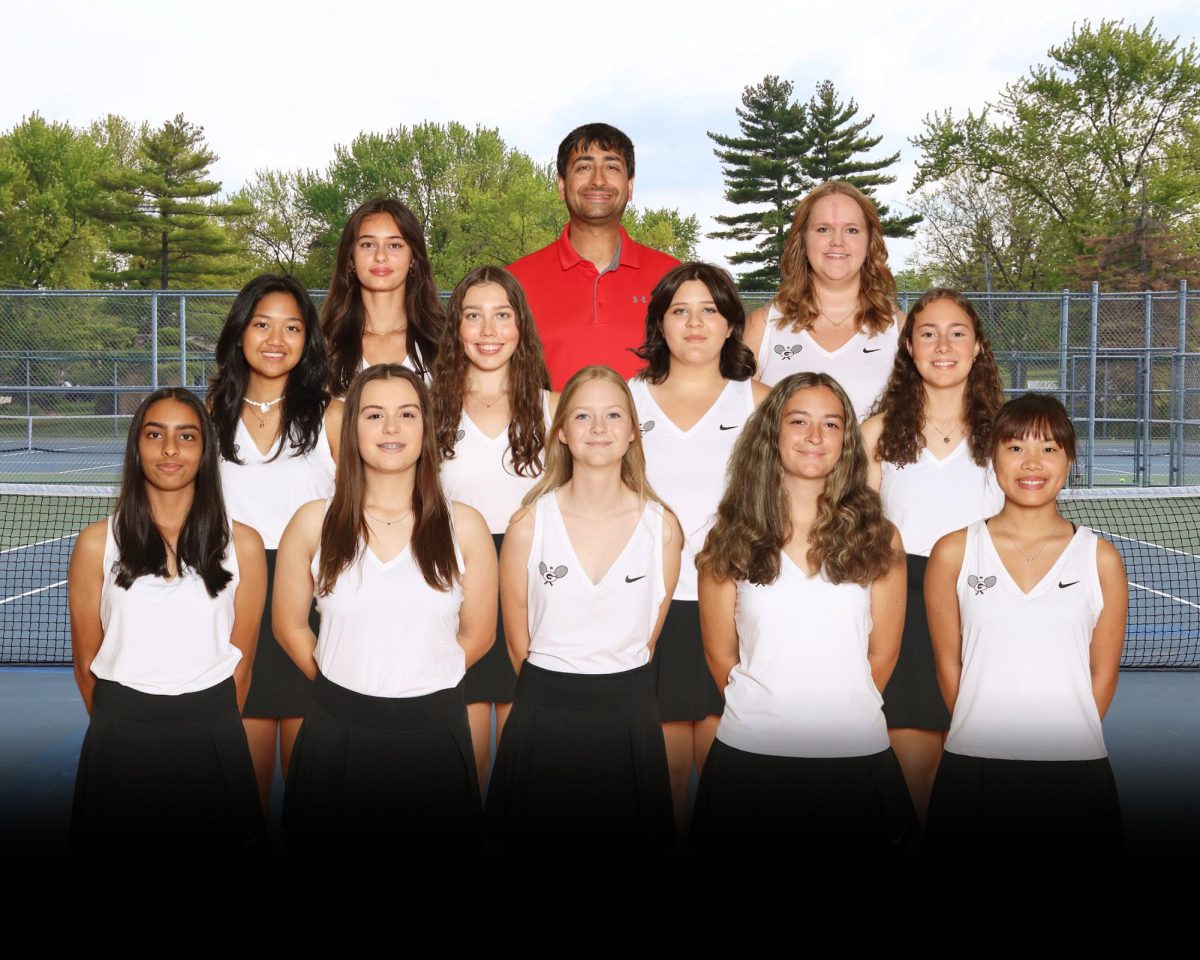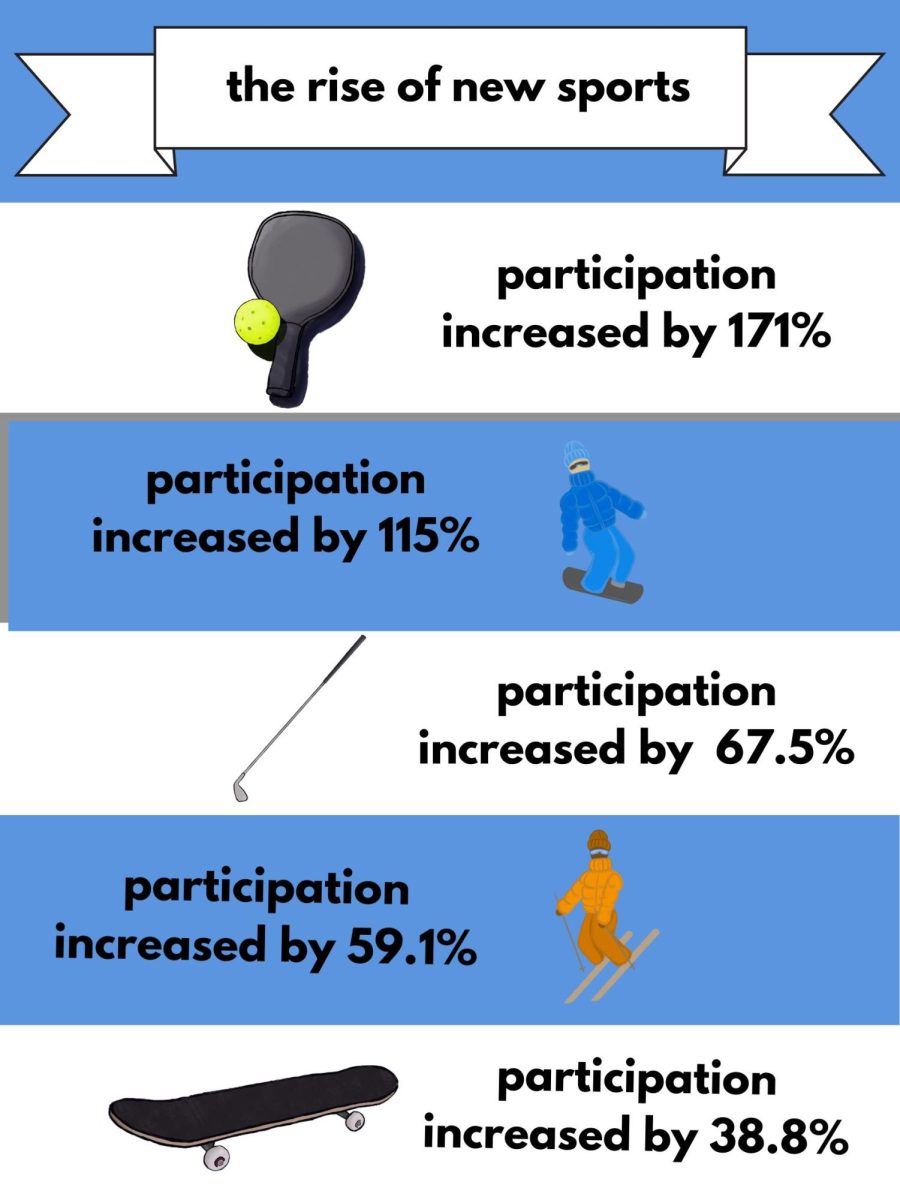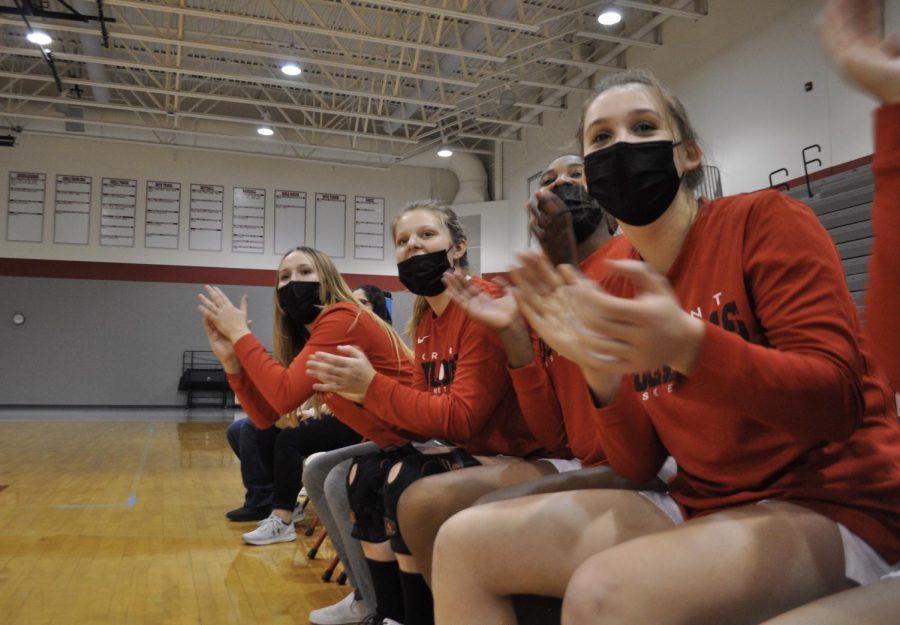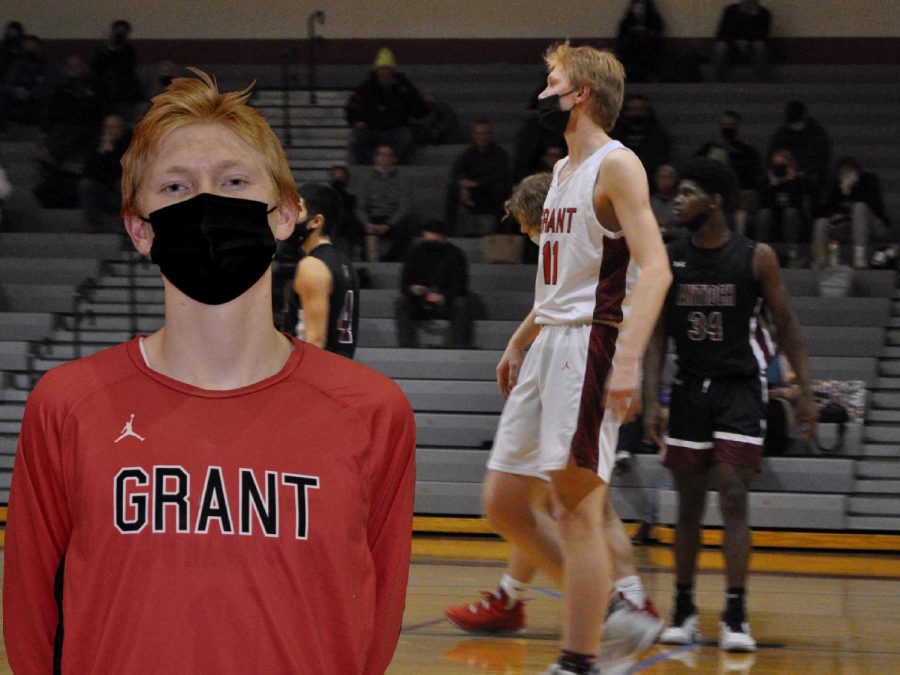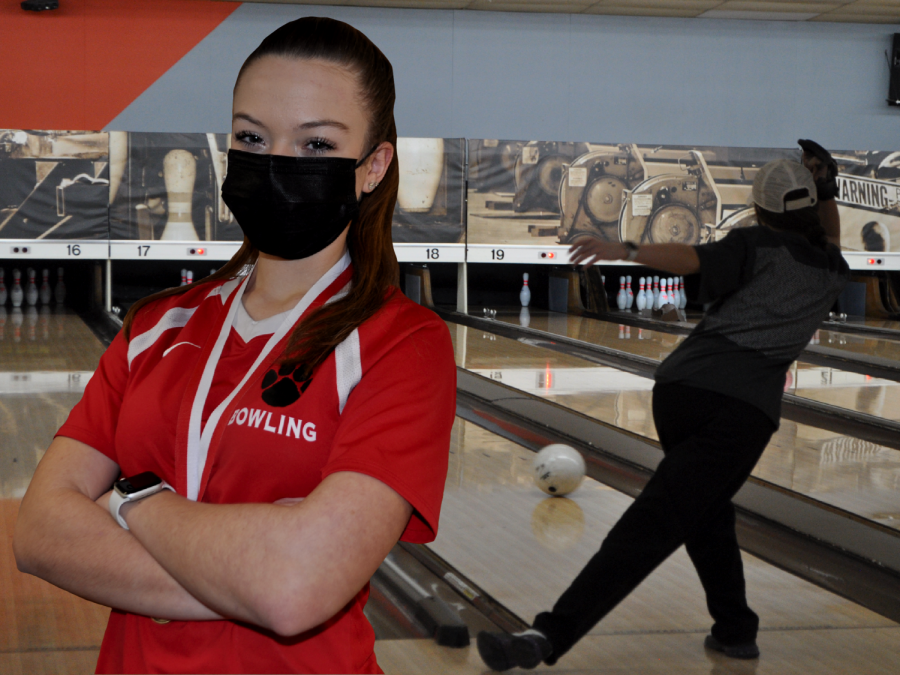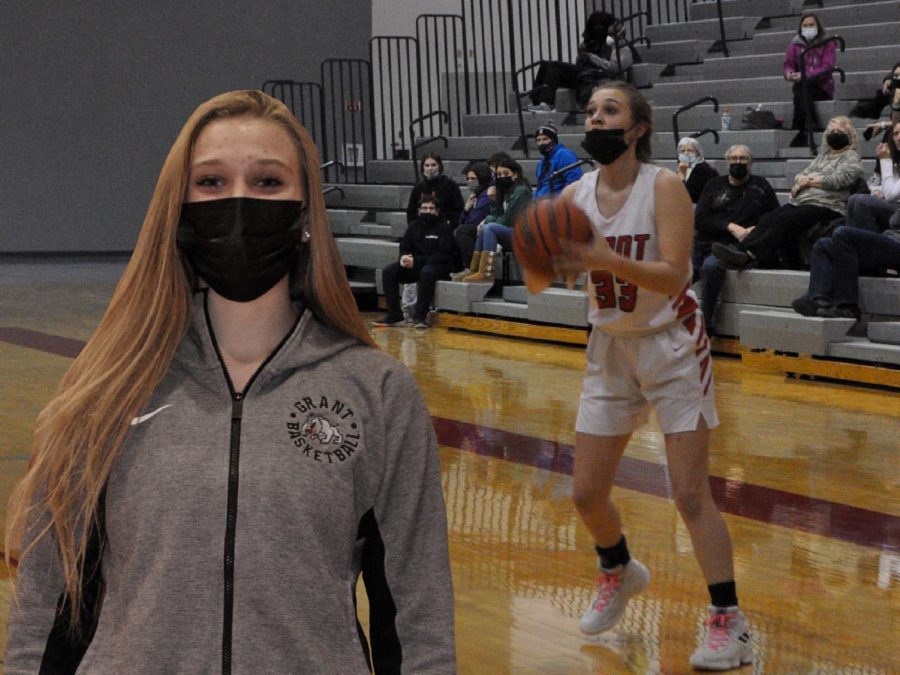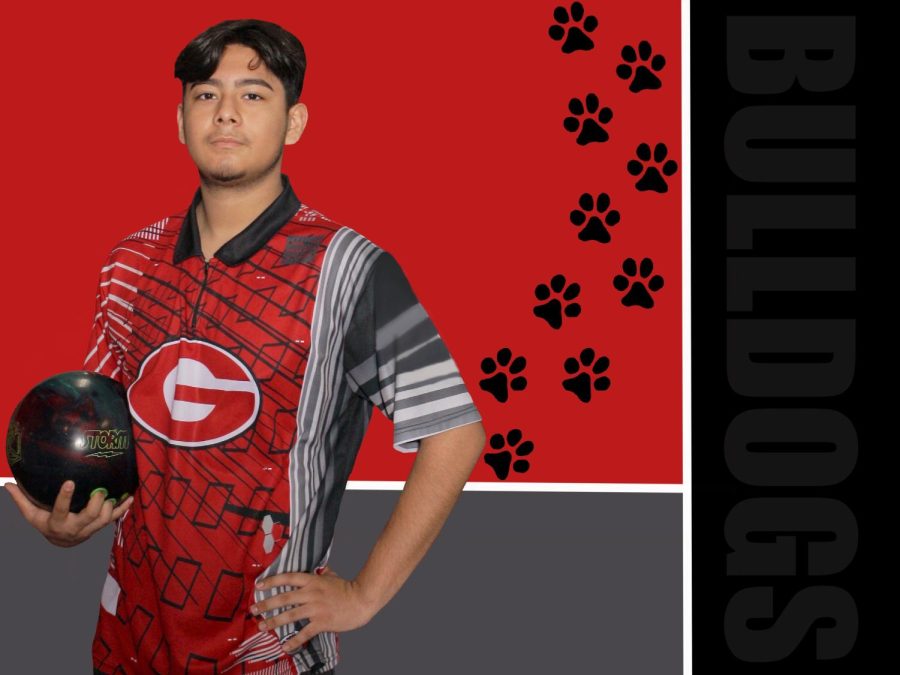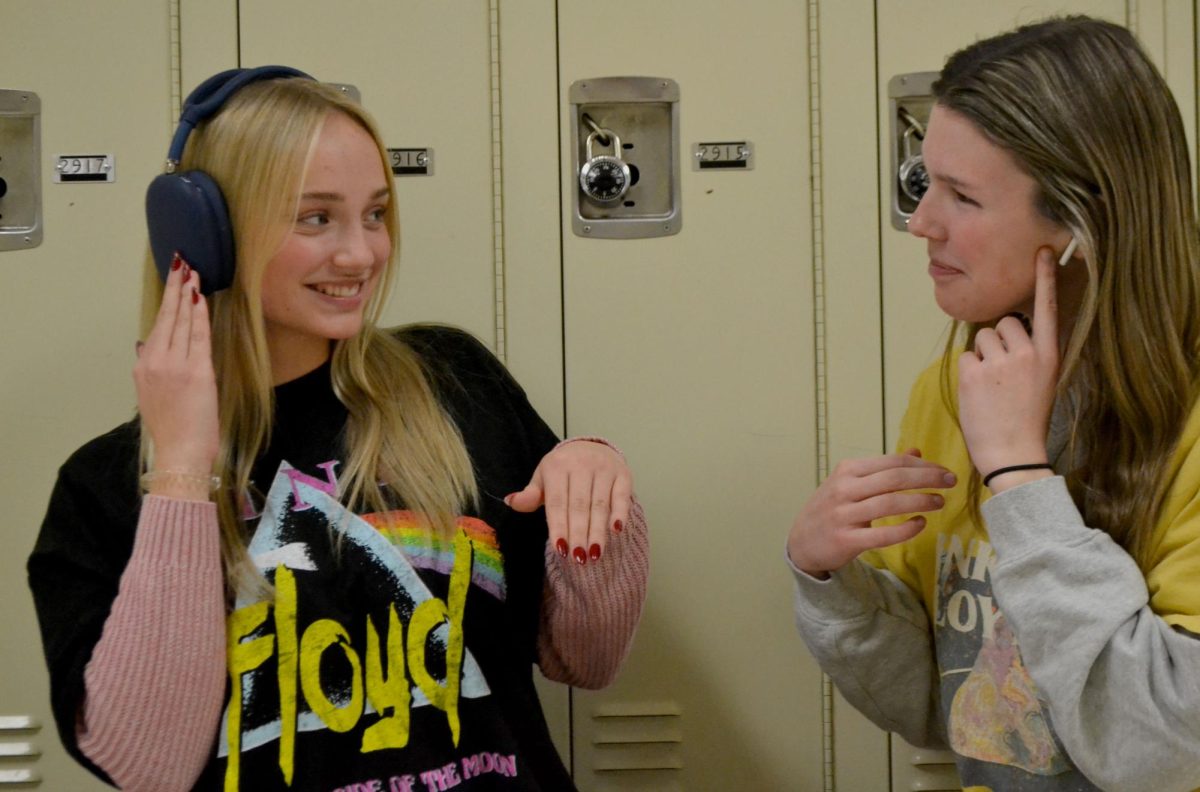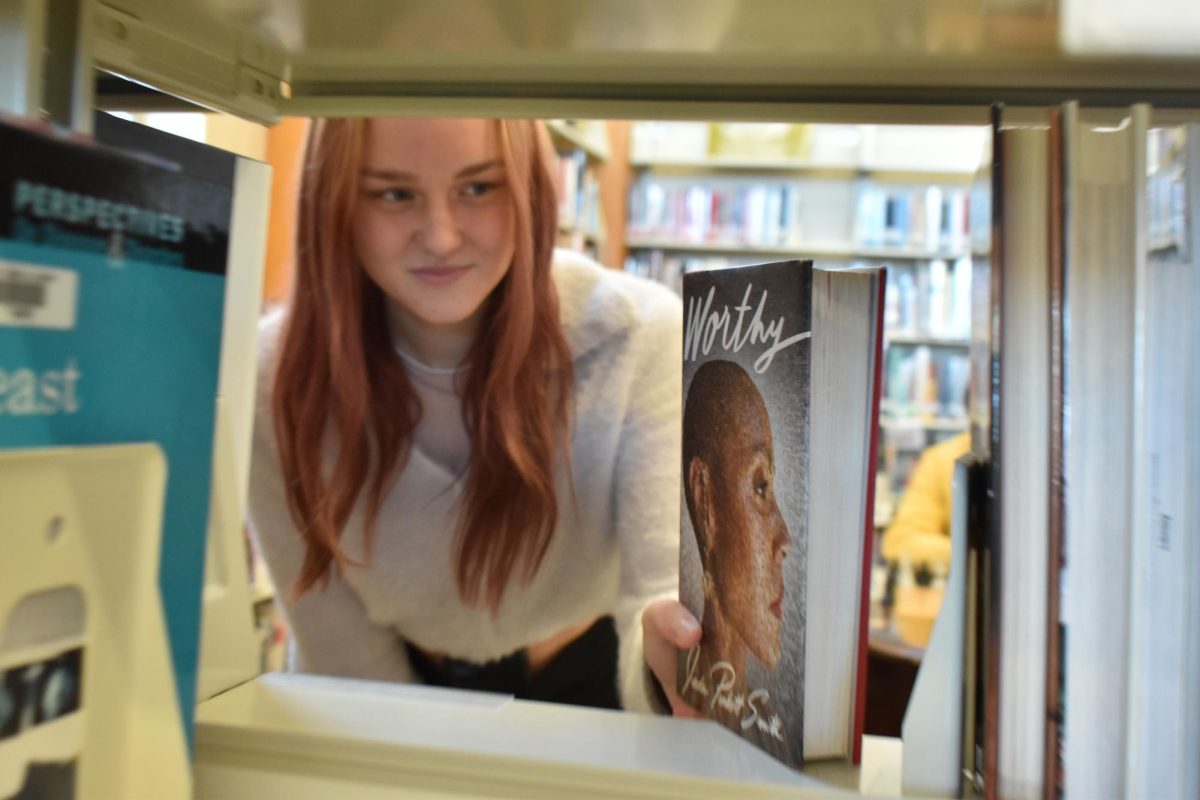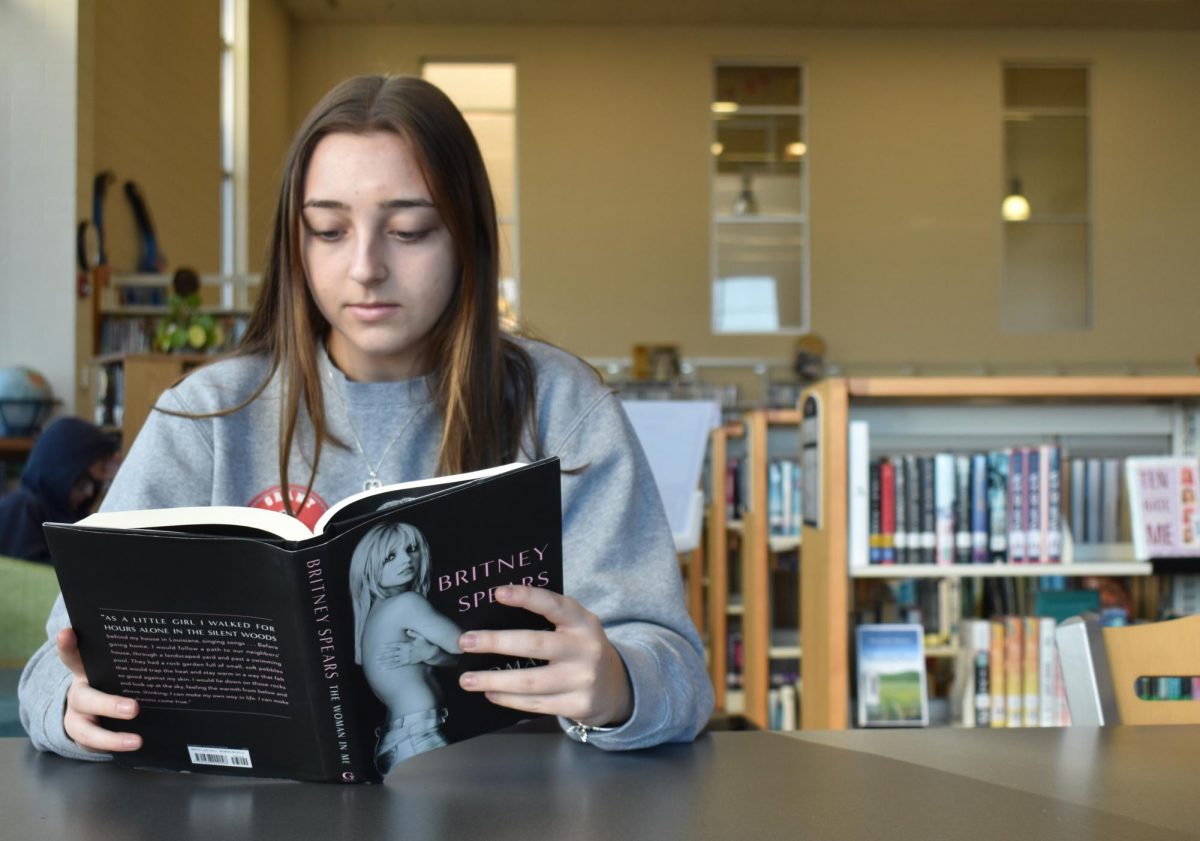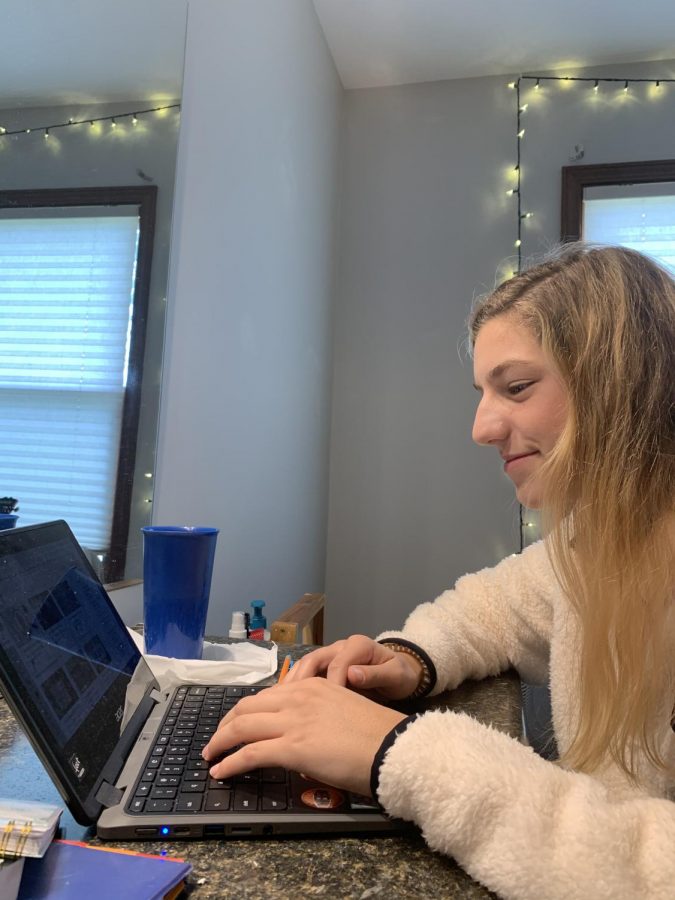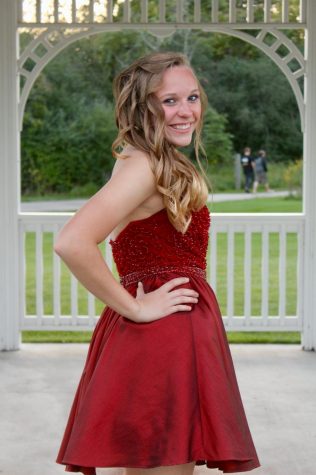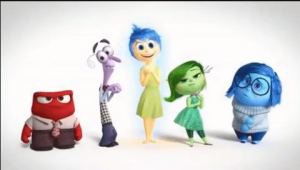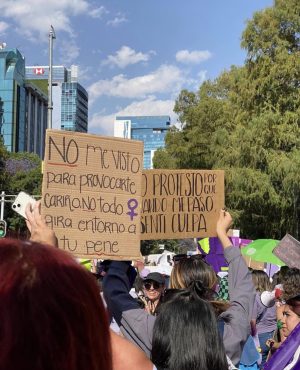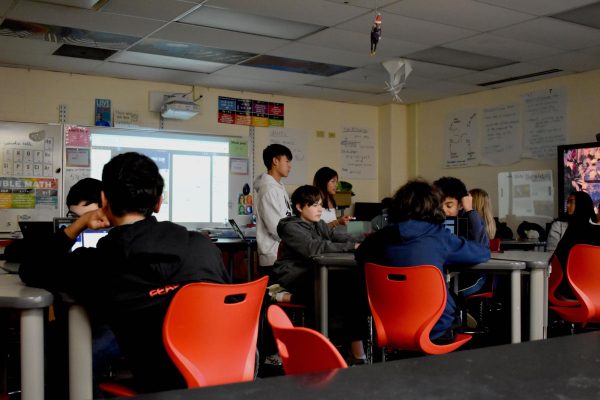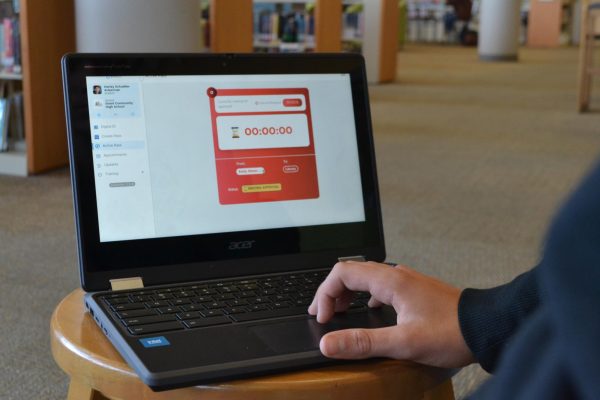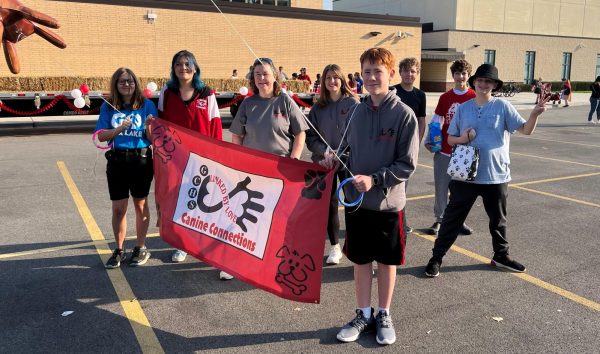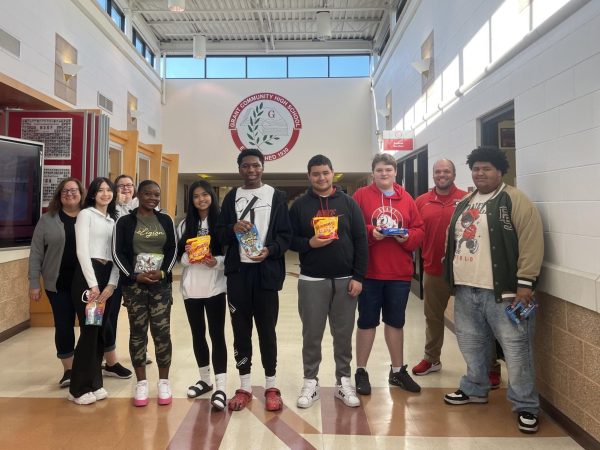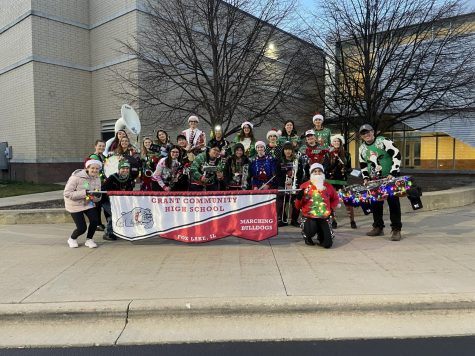Students Take on E-Learning
October 20, 2020
E-learning or no e-learning is the recent question that everyone has been asking. Various people view this as a challenge, but others enjoy it as a new preference. Have you ever wondered what it was like in the eyes -or should I say screens- of the beholder? E-learning seems to be the ‘talk’ or ‘grumbles’ of the town these days, even for many Grant Community High School students. Taking an inside look, several have struggled with amounts of homework, not to mention the challenges of staying connected to peers in the same way.
After polling a few students around the ‘online’ building, they shared that they felt e-learning was harder than going into the physical building. This includes Senior Rebecca Fabry, “Honestly it is a lot harder in the aspect of having way more things assigned than we would in school normally.” It has not only impacted our beloved seniors but of all graduating years. The struggle is mutual for lower classmen as one of Grant’s sophomores, Jennie Woodruff, said online school is “Way harder because it’s like you have to learn stuff on your own.”
Beyond the books and individual work, class participation and peer collaboration is still a requirement. But how, you may ask? We asked a handful of students how easy or difficult it was to communicate with peers. Unfortunately, our thoughts on peer communication were rather accurate. As one anonymous senior shared, “I have really lost touch with a bunch of people even though we are only a few taps of the screen away to talk”. Others shared similar responses. Freshman Olivia Zavorski said, “Most teachers encourage us to talk to each other during our meetings, but it’s not the same as if we were in school.”
As much as students may enjoy the flexibility of mid-day Netflix binging or afternoon yoga sessions; creating friendships and less screen time is preferred. Many may agree, especially when the last obstacle students want to endure are teacher challenges and misunderstandings. As Rebecca Fabry has expressed, “Sometimes words are better spoken and heard to understand the tone, through email you can’t have those resources”.

